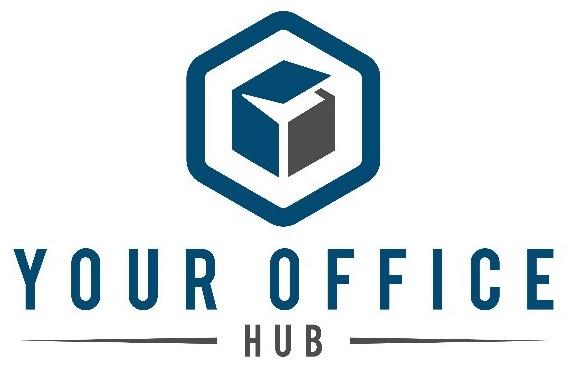When setting up a new computer or upgrading an old one, one of the key decisions you'll face is choosing between a Hard Disk Drive (HDD) and a Solid State Drive (SSD). Each type of storage offers distinct advantages and choosing the right one can significantly impact your system's performance, efficiency, and durability. Let’s dive into the details to help you make an informed decision.
Understanding HDD and SSD
HDD (Hard Disk Drive): HDDs are the traditional form of storage and are composed of mechanical parts such as platters, a spindle, and read/write heads. They store data magnetically and are known for offering high storage capacities at a lower cost.
SSD (Solid State Drive): SSDs are newer and faster. They use flash memory to store data, which allows for quicker data access and lower power consumption. SSDs contain no moving parts, which makes them more durable and less prone to physical damage compared to HDDs.
Performance
Speed: SSDs shine when it comes to speed. They offer remarkable boot and load times compared to HDDs. This is because SSDs access data electronically instead of mechanically, significantly reducing the time it takes to open applications and transfer files.
Reliability: Without moving parts, SSDs are less vulnerable to damage from drops or bumps, which is particularly advantageous for laptops and mobile devices. They are also quieter and generate less heat than HDDs.
Capacity and Cost
Storage Capacity: HDDs generally offer more storage capacity for the money. If you need a large amount of storage for files such as videos, photos, and large databases, HDDs might provide a more cost-effective solution.
Cost-Effectiveness: SSDs are more expensive per gigabyte than HDDs. However, the price gap has been decreasing as SSD technology becomes more mainstream. If your budget allows, an SSD can be a good investment for most users, considering the performance boost.
Use Cases
For Gaming and High-Performance Tasks: SSDs are ideal for gaming, graphic design, video editing, and other performance-intensive tasks because they drastically reduce load times and improve overall system responsiveness.
For General Computing and Large Data Storage: If performance is not as critical and storage capacity is a priority, an HDD might be more suitable. This is often the case for users who store large amounts of data without the need for quick access, such as backup archives.
Combining HDD and SSD
Hybrid Approach: Many users choose to install both an HDD and an SSD in their computers — SSD for the operating system and frequently used applications to benefit from increased speed, and HDD for storing large files where speed is less of a concern. This hybrid approach offers a good balance between cost, performance, and capacity.
Conclusion
The choice between an HDD and an SSD ultimately depends on your specific needs, budget, and the type of tasks you expect to perform with your device. SSDs offer superior speed and durability, making them a great choice for those who value fast performance and reliability. On the other hand, HDDs remain a viable option for those needing large storage capacity without breaking the bank.
Regardless of your choice, ensuring that your storage solution works harmoniously with your system is crucial. Visit YourOfficeHub.com to explore a wide range of software and hardware solutions that can help you maximize the potential of your new storage device. Whether you’re upgrading to an SSD or outfitting a new PC with an HDD, find everything you need to enhance your computing experience.

